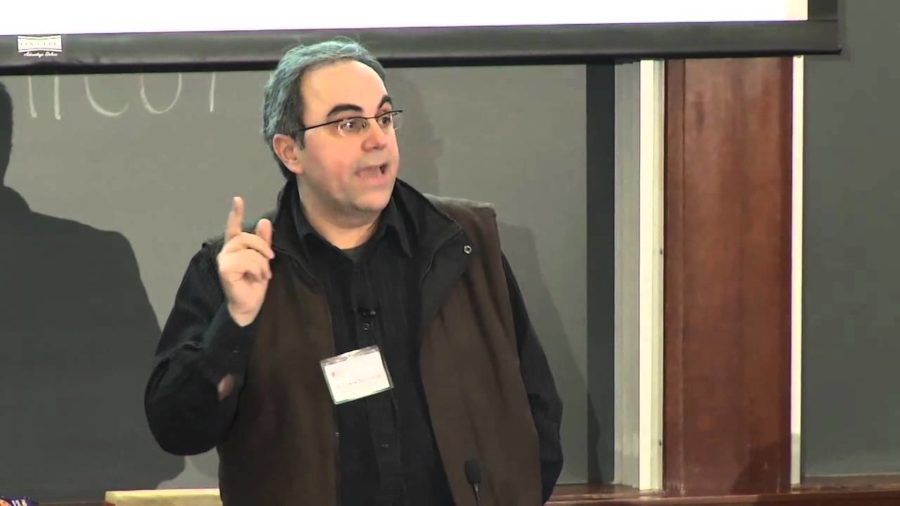I want to inject a little culture into this conversation. And as we talk about the reasons that we make interventions in this work, the reason why we advocate for truth in the media, and the reason why organizations like mine do that work is for our community, for the folks that we represent.
Truthiness in Digital Media (Page 1 of 2)
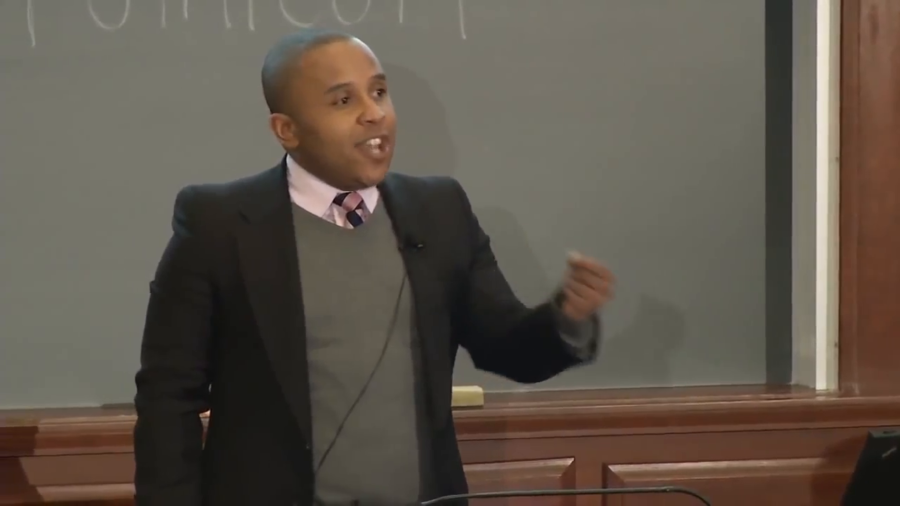
Rashad Robinson on Interventions for Institutions
presented by Rashad Robinson
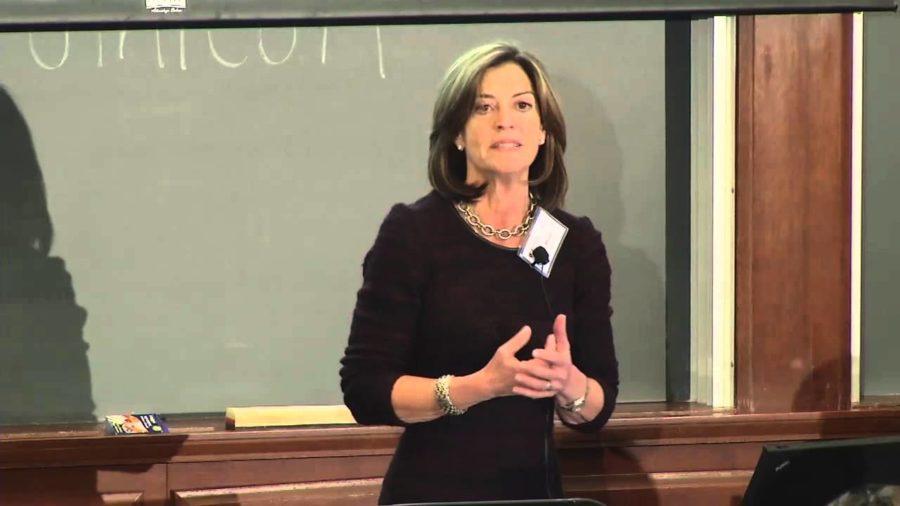
Ellen Miller on Interventions for Institutions
presented by Ellen Miller
I’ve long had this fantasy in my entire career, which has mostly been in the field a money and politics, to be able to find one place where you could enter a search term like this one, “General Electric,” and see everything you could find out about a company, a corporate profile—what they do in Washington, what they do at the state level.
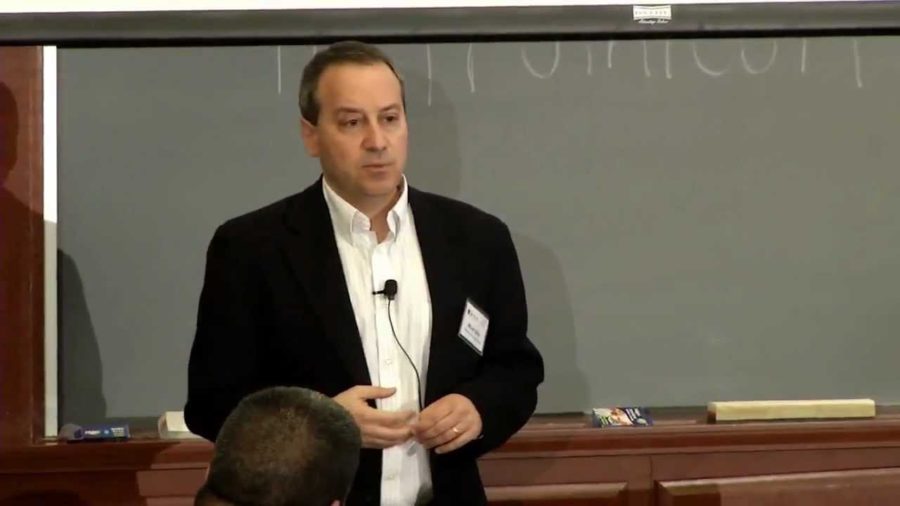
Micah Sifry on Combatting Institutions That Promote Misinformation
presented by Micah Sifry
I actually want to go beyond the way we think about the Internet to think about this whole question we’ve been wrestling with, which is you know, our information system, and to take a metaphor that my friend Craig Newmark likes to say, which is that the press or the media is the immune system of democracy.
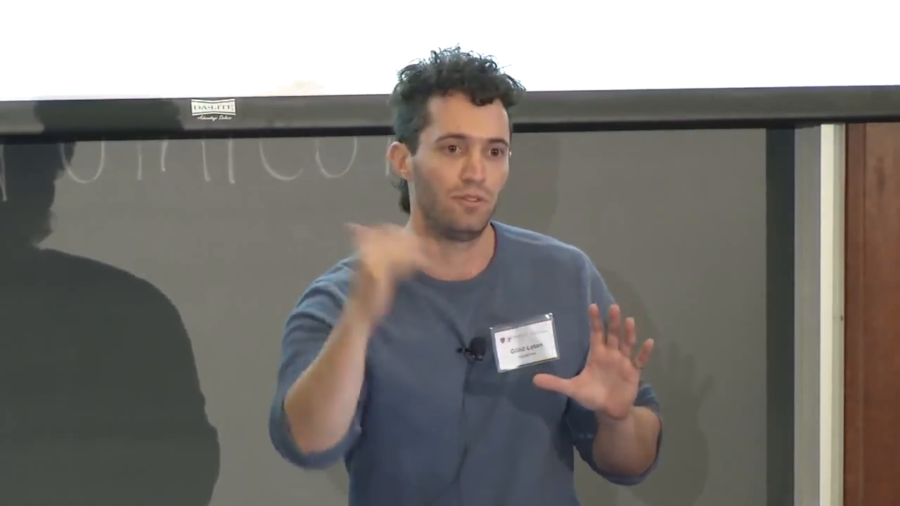
Gilad Lotan on Interventions for Individuals
presented by Gilad Lotan
Lo and behold humanity is fairly consistent. We would mention mornings in the mornings. We get tired sort of towards the evenings. Talk about coffee more frequently in the morning. These are the sort of normal diurnal patterns that we see on Twitter, right. As expected. But when interesting events happen and events that are out of the ordinary happen it’s very clear that they happen.
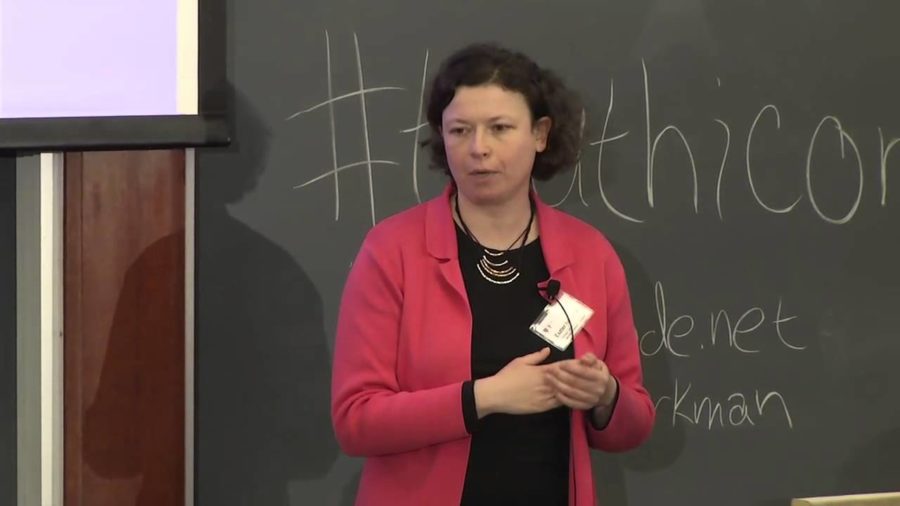
Christian Sandvig and Eszter Hargittai on Tools for Truth Empowerment
presented by Christian Sandvig, Eszter Hargittai
[Stefik’s] four ideas about the Internet is that we think about Internet, number one as a library. And this was the 90s and we had this electronic library, the digital library. That doesn’t mean that we digitized libraries, it means that that’s the metaphor we used to think about the Internet, as a place that has information that we can look up. His second was we think of it as the mail. Or you could say the telephone. And so that’s more about individuals and interpersonally communicating in some way. The third is that we think of it as a virtual world. And the fourth is that we think of it as a marketplace.
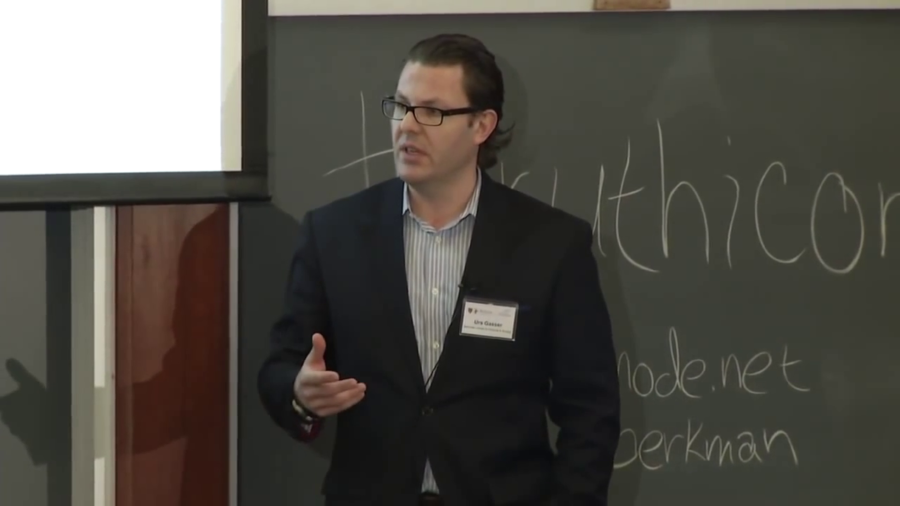
Reflection & Synthesis on Truthiness
presented by Urs Gasser
I’d like to cluster my thoughts and structure them into four categories. One is what I will call foundational issues. Second, a few words and observations regarding methods. Third, a few areas of application that we touched upon this morning, and maybe also highlighting one or two that we haven’t talked so much about but that I think are increasingly important. And then finally also as a segue to the following sessions, a few words about potential points of intervention.
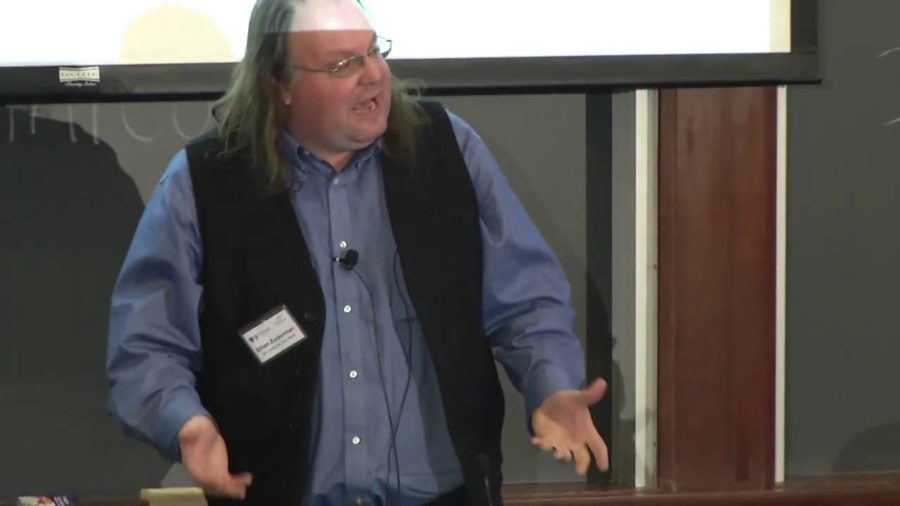
Ethan Zuckerman on Truthiness
presented by Ethan Zuckerman
When you’re looking at something as big as these questions of verifiability, truth, truthiness, disinformation, so on and so forth, I find myself now trying to pick apart the questions we talked about this morning from the perspective of tractability. So let me use that to sort of frame a couple of the conversations we’ve had and then a couple of things that haven’t come up, and then see if I can sort of push us forward a little bit into where we go this afternoon.
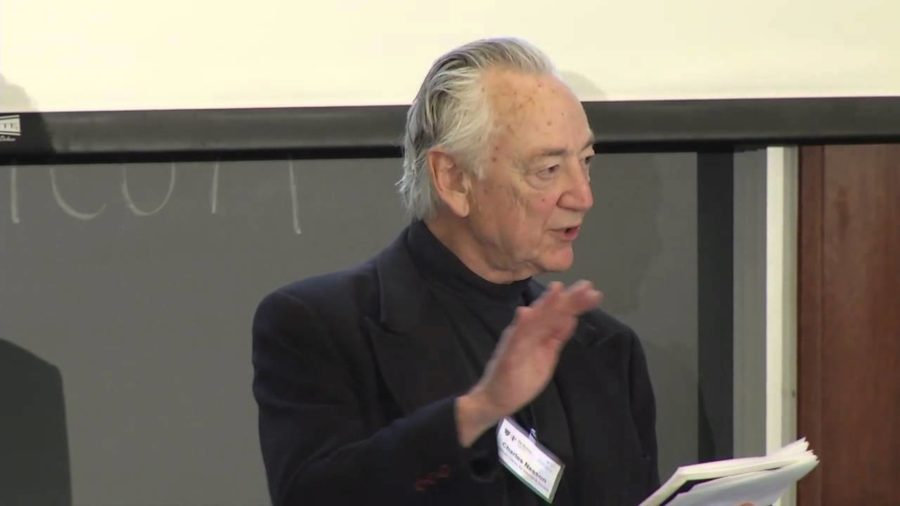
Inflection Point on Truthiness
presented by Charles Nesson
Well I believe there is a truth we share. I think it’s our sense of justice. I think of the great Paul Newman depiction in The Verdict, his closing argument when he speaks to the jury and says, “You are the law. I believe there is justice in our hearts.” So the truth, the verdict. Vera dictos, speak the truth. That’s what juries are told to do.
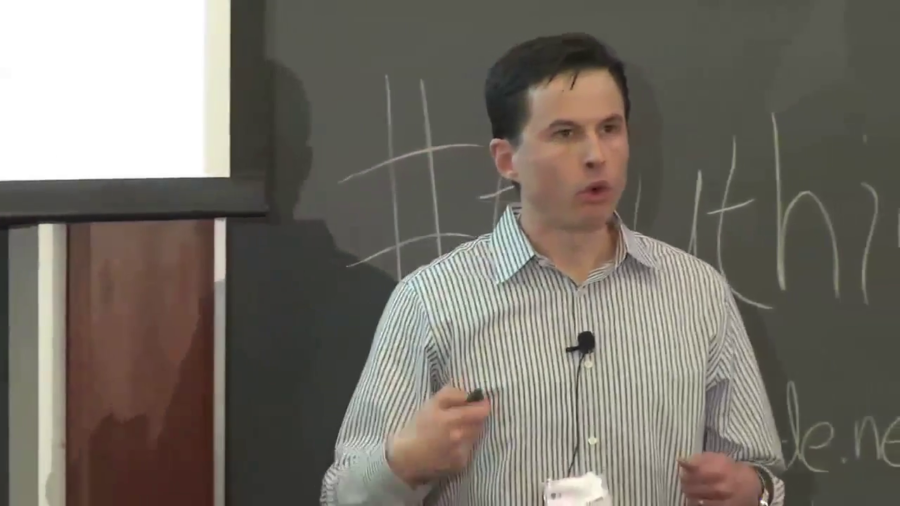
Biases Abound
presented by Brendan Nyhan
I’ve experienced first hand the challenges of trying to correct misinformation, and in part my academic research builds on that experience and tries understand why it was that so much of what we did at Spinsanity antagonized even those people who were interested enough to go to a fact-checking web site.

